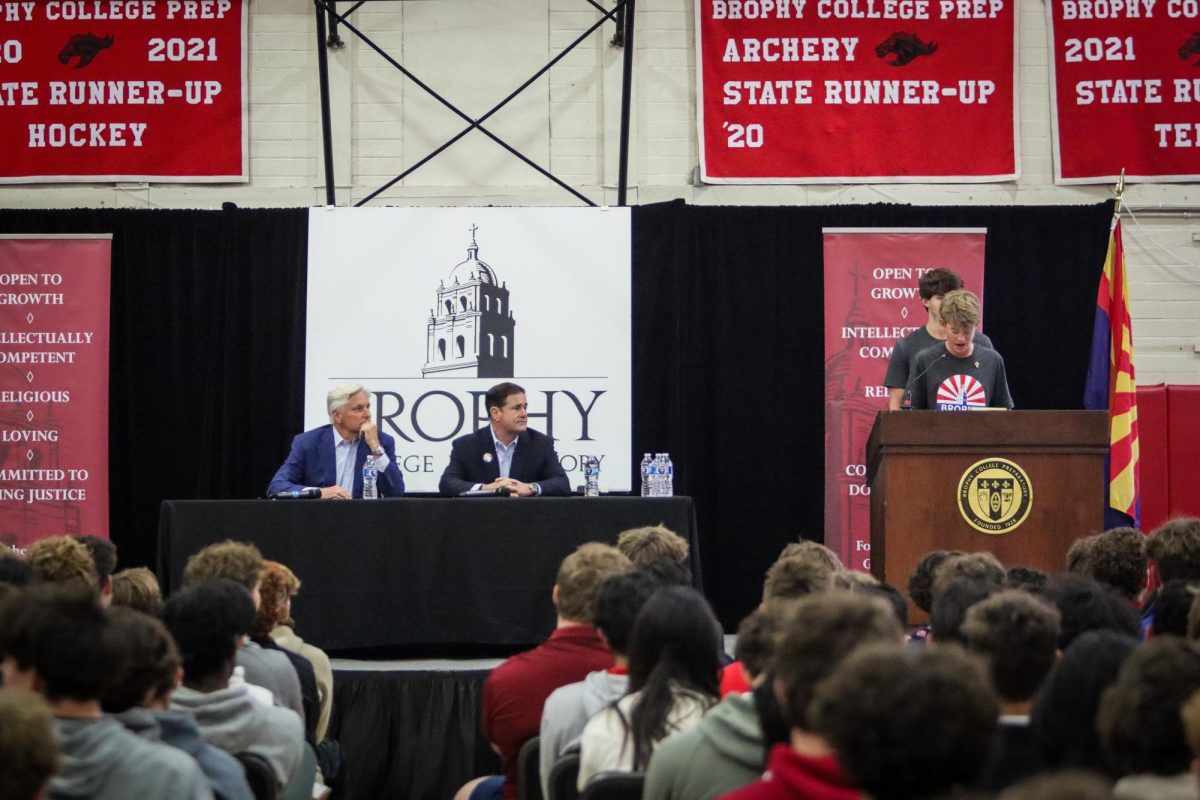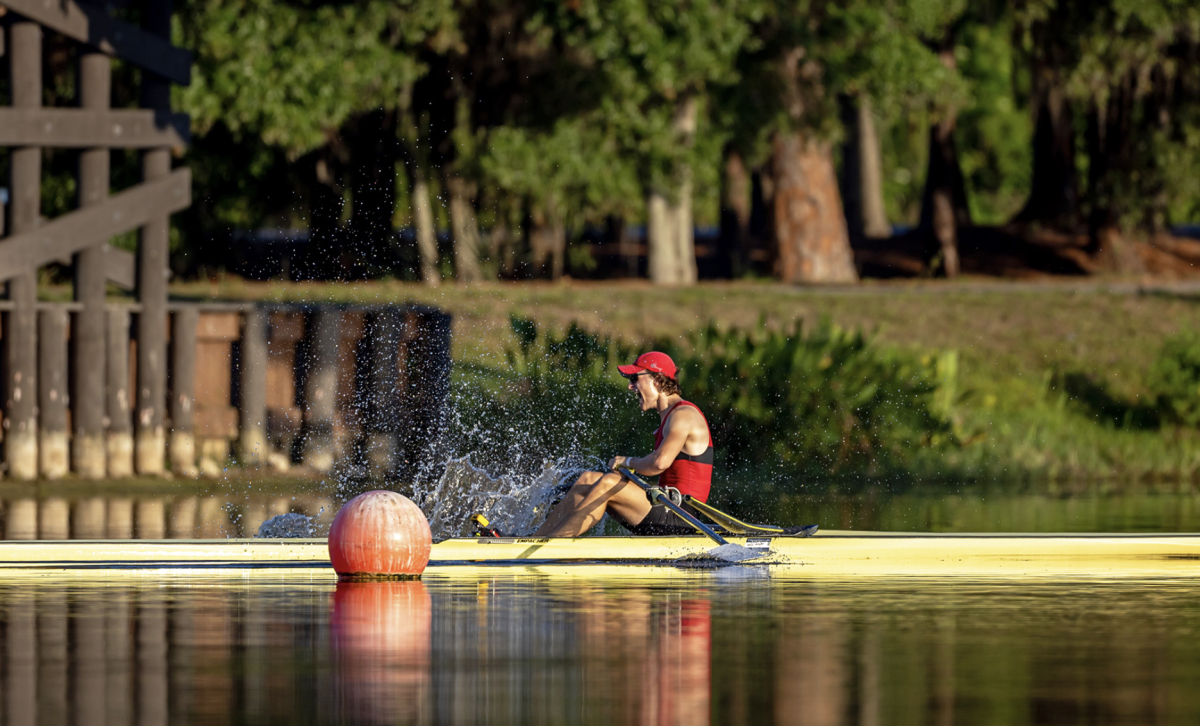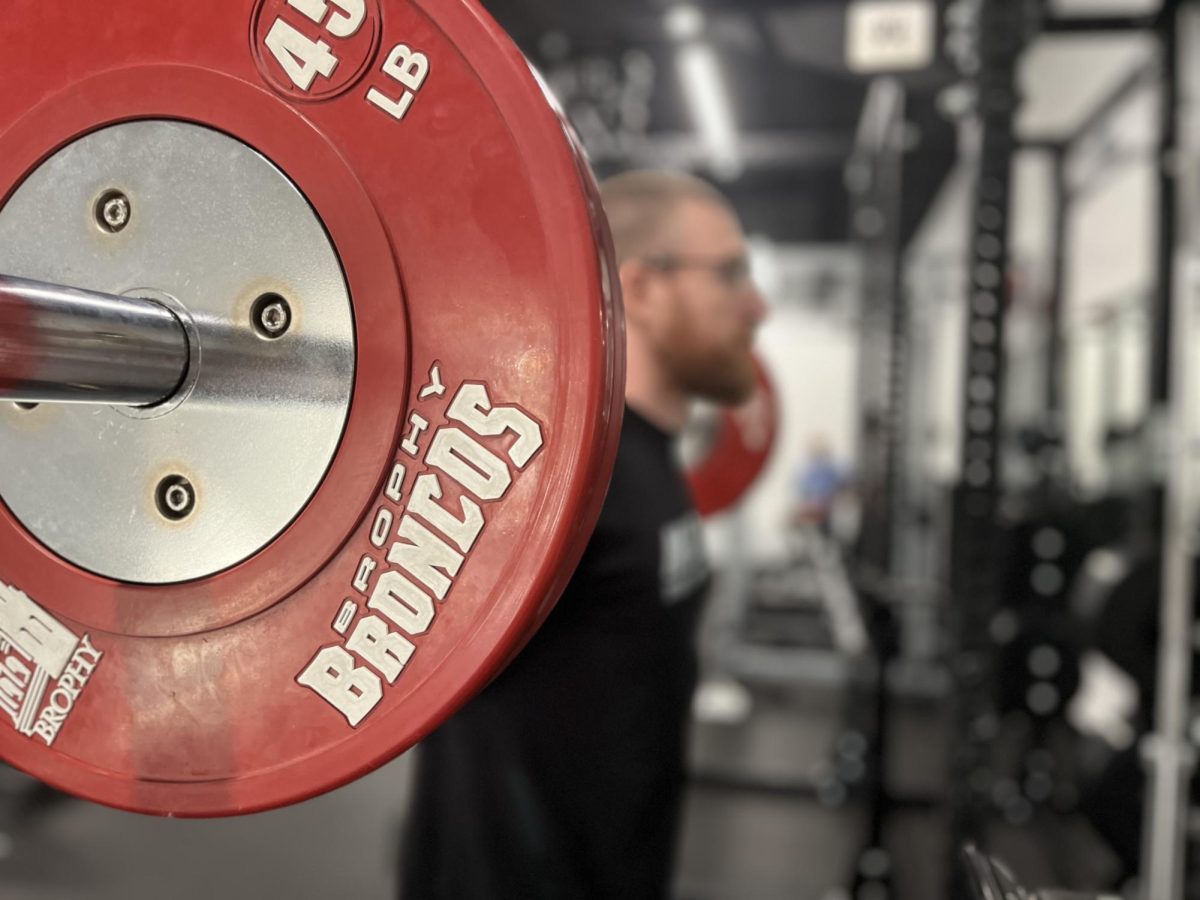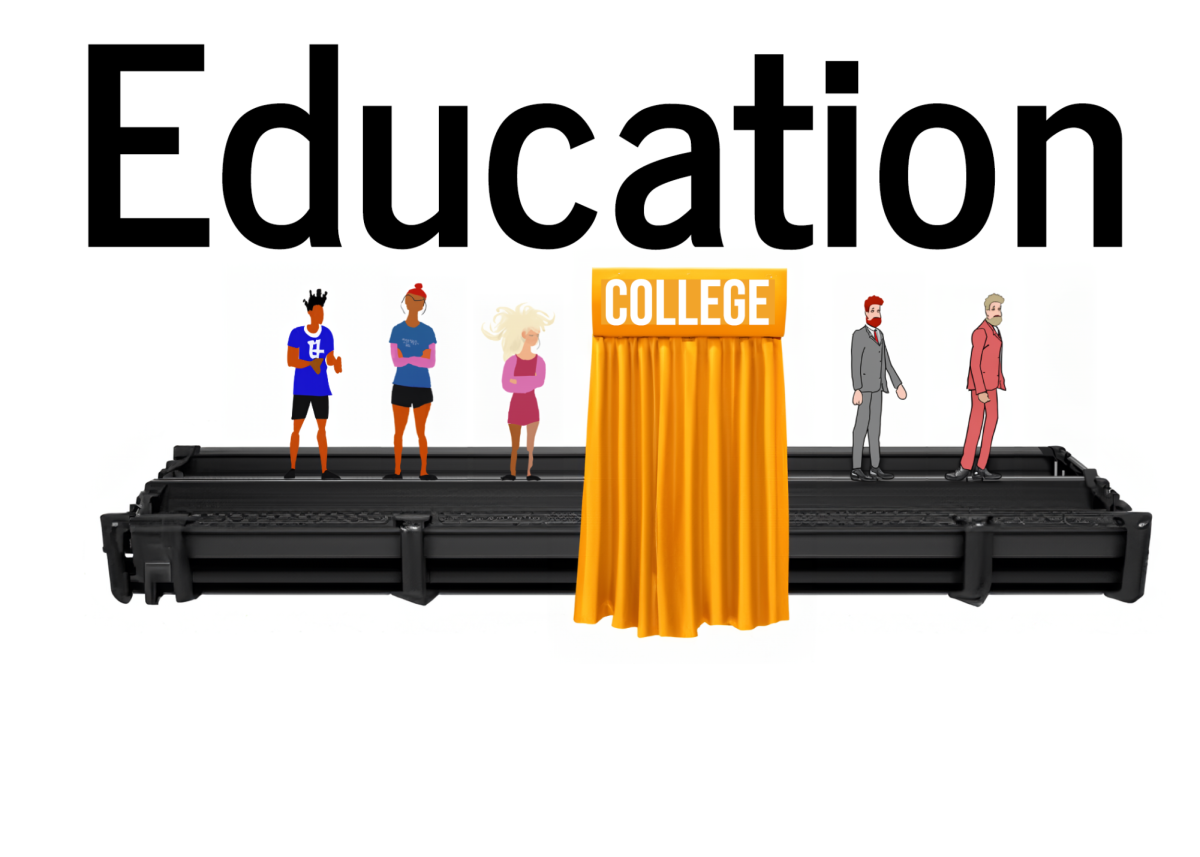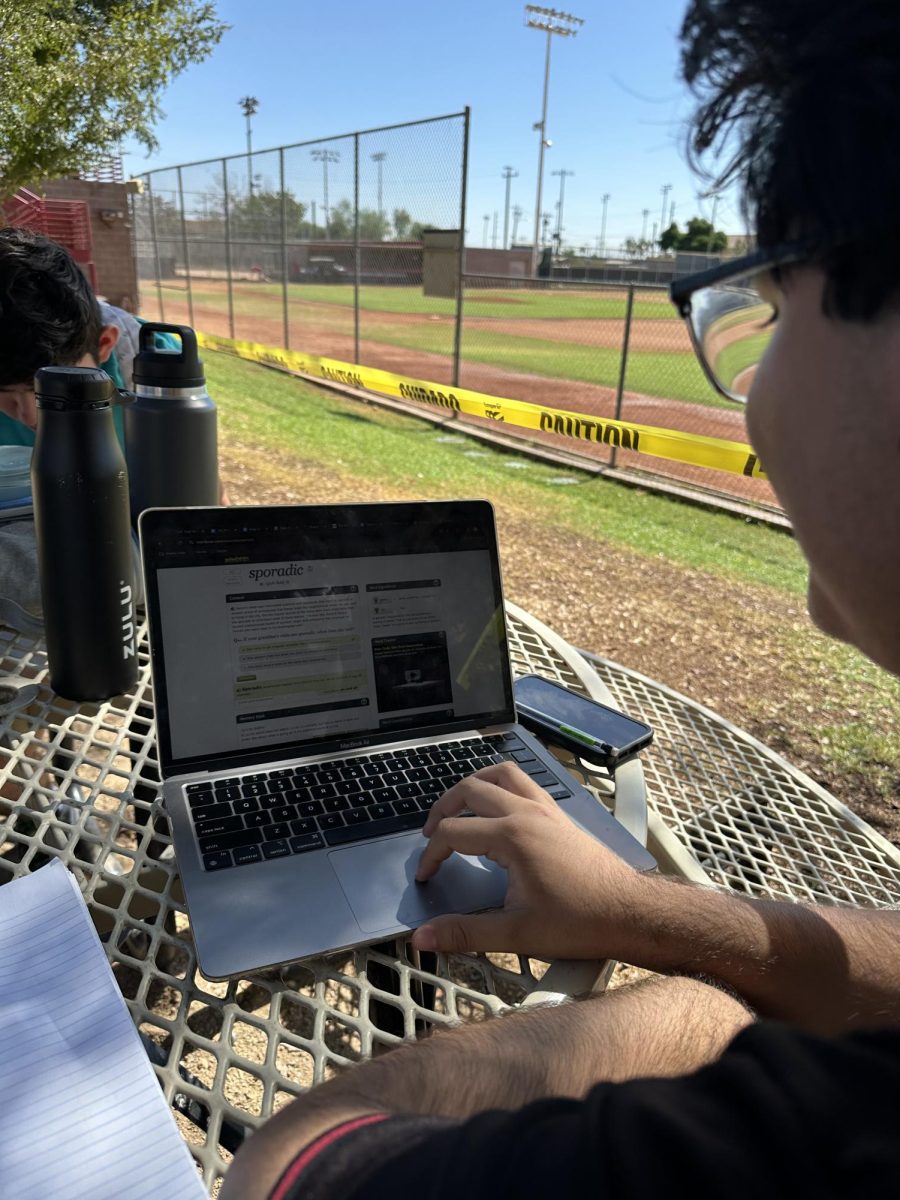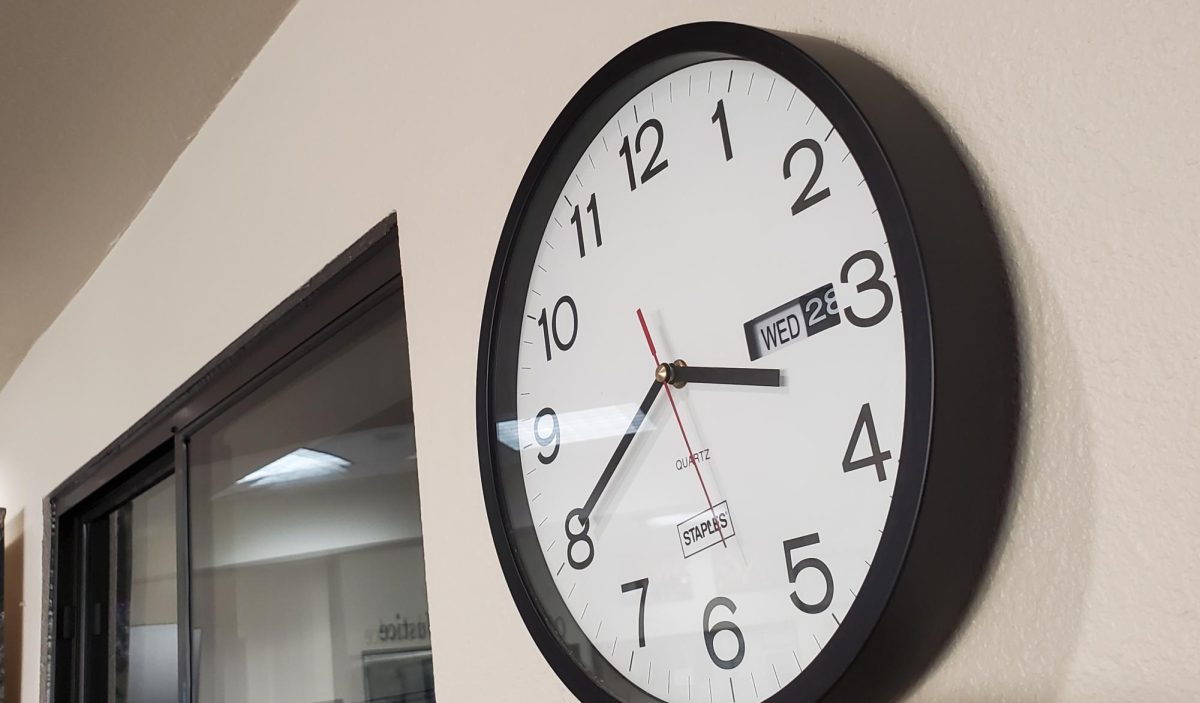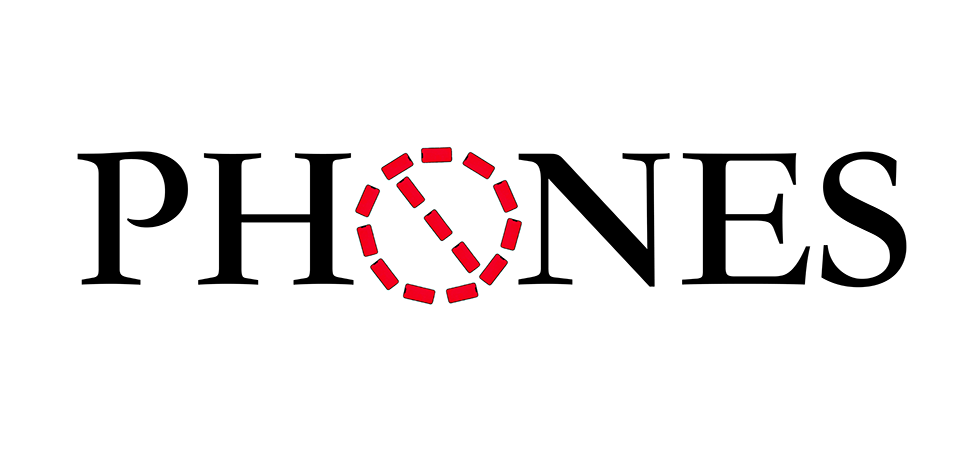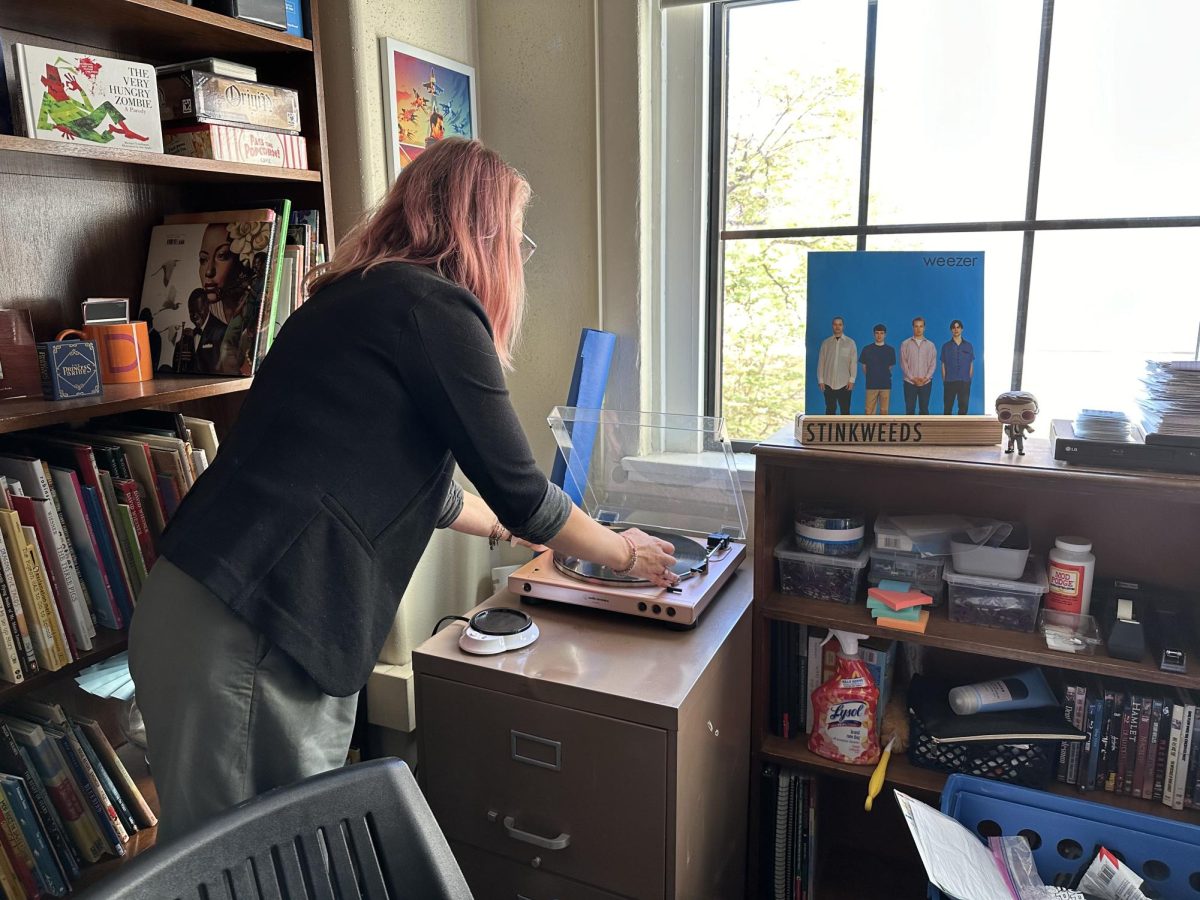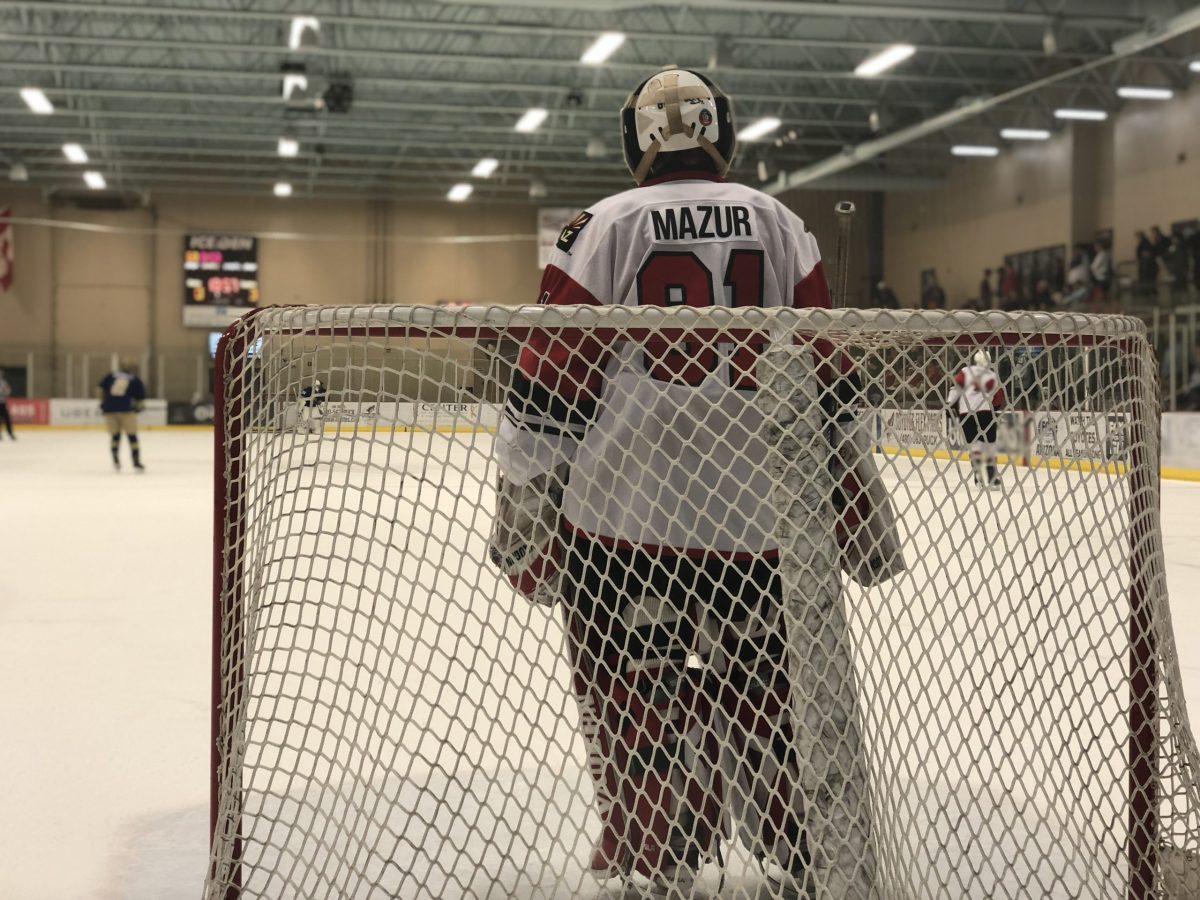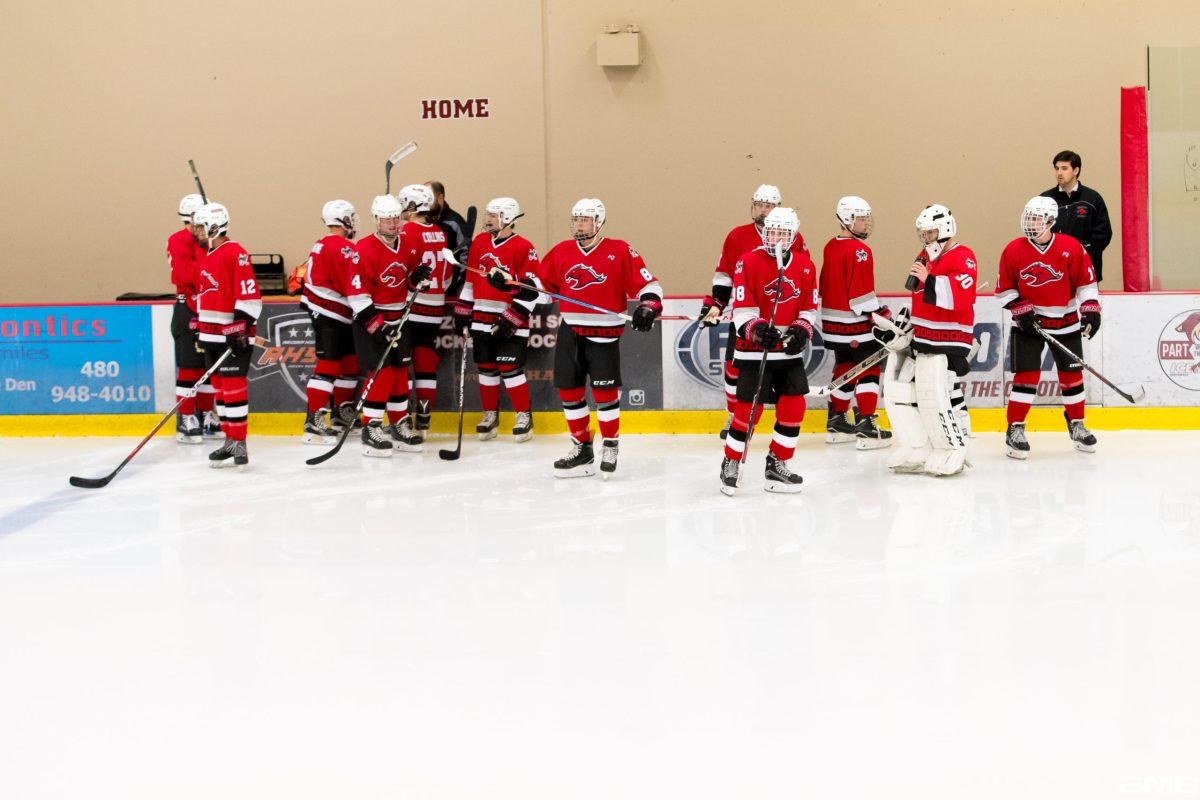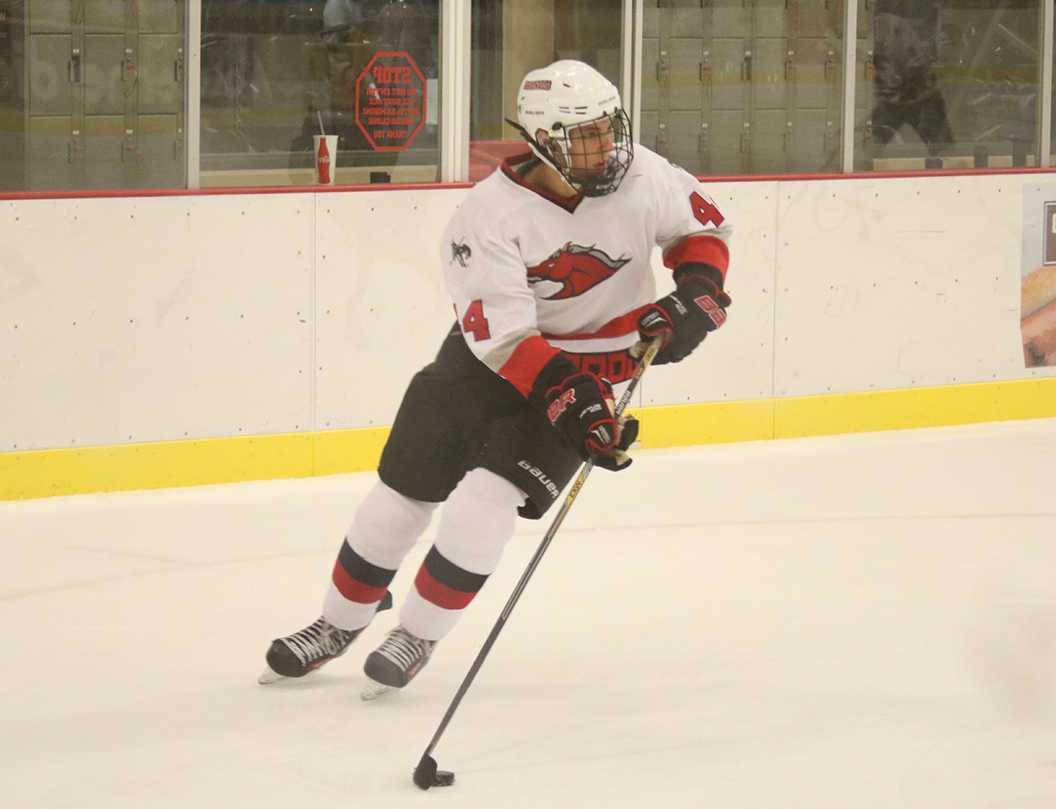Harrison Simmons ’22
THE ROUNDUP
The Arizona Coyotes announced on Feb. 10 that they would be playing their home games at ASU’s new 5,000 seats multipurpose arena starting next season up until the 2024-25 NHL season. This move came after the Coyotes were effectively kicked out of their current 18,300 seat arena, Gila River Arena, by the city of Glendale for tax bills and unpaid arena charges.
This move along with the Coyotes’ history of unstable ownership, lack of playoff success, current roster rebuild, and other issues during their 25 plus year tenure in the Valley so far has led to hockey fans across North America demanding the Coyotes to be relocated.
Despite all this, I believe that it is not the time for this franchise to start over in another city as the organization is finally heading in the right direction.
While the Coyotes’ next arena can be seen as a failure for the foreseeable future as it will have more than 10,000 fewer seats than the next lowest capacity in the league, I see this as a great short-term opportunity that will lead to quality long-term results.
“As long as it’s only temporary, I think fans can have a lot of fun with it,” said NHL Commissioner Gary Bettman to ESPN. “Think about the 5,000 people, the type of intimate experience they are going to have.”
The Coyotes right now are missing a passionate fan base that creates a fun and energetic atmosphere for every single home game. Having the most intimate arena in hockey right next to one of the best party schools in the country and closer to downtown Phoenix will be a tremendous first step for creating a passionate fan base for the Coyotes. And when the Coyotes finally get their new permanent arena in a nearby area, the team’s supporters will now be ready to create an energetic environment that gives the Coyotes a home-ice advantage that can rival any other arena in the league.
This change can begin next season starting with Brophy seniors who will attend ASU next year.
From a front-office standpoint, the Coyotes are currently owned by the first Latino owner in NHL history, Alex Meruelo, who has made it a goal to connect to Hispanic communities throughout Arizona in order to grow the game of hockey in the southwest. This rare stable ownership for the Coyotes has led to the franchise having a better front office led by General Manager Bill Armstrong, who is the leader of the Coyotes’ team rebuild.
The Coyotes have never made a Stanley Cup Final in their history and have made the playoffs once since 2012. However, it appears the team is beginning to rise from the ashes as they have the best draft capital in the NHL, which includes three first-round picks and five second-round picks in this year’s draft, and will have some of the most cap space in the league starting next year. This means that the Coyotes will be playing their next few years with some of the brightest young talent in the league, who will be able to adjust to pro hockey easier as they will play in a more intimate arena similar to their college and junior hockey leagues. Then once the Coyotes develop their younger players into solid professionals, they will have the money to sign some of the best players in the league to hopefully build a contender within the next three to five years.
In addition to on-ice activities, the Coyotes should remain in Arizona because of their impact on fostering youth hockey in the southwest. Since the Coyotes have moved to Arizona, youth hockey in the Valley has grown exponentially as Arizona had only over 2,000 USA Hockey registered players when the team first arrived, but as recently as 2015, that number has risen to over 7,000 players, a 212% increase According to AZCentral. And according to Cronkite News, the Coyotes have also led to girls hockey becoming more prevalent as when the Coyotes got here, there were just four registered girl players in Arizona. Now, there are close to 800 as of 2019.
Keeping the Coyotes here would help these numbers to increase and lead to more NHL players from Arizona, which already include last year’s leading goal-scorer Auston Matthews and 2022 Winter Olympian Matthiew Knies.

